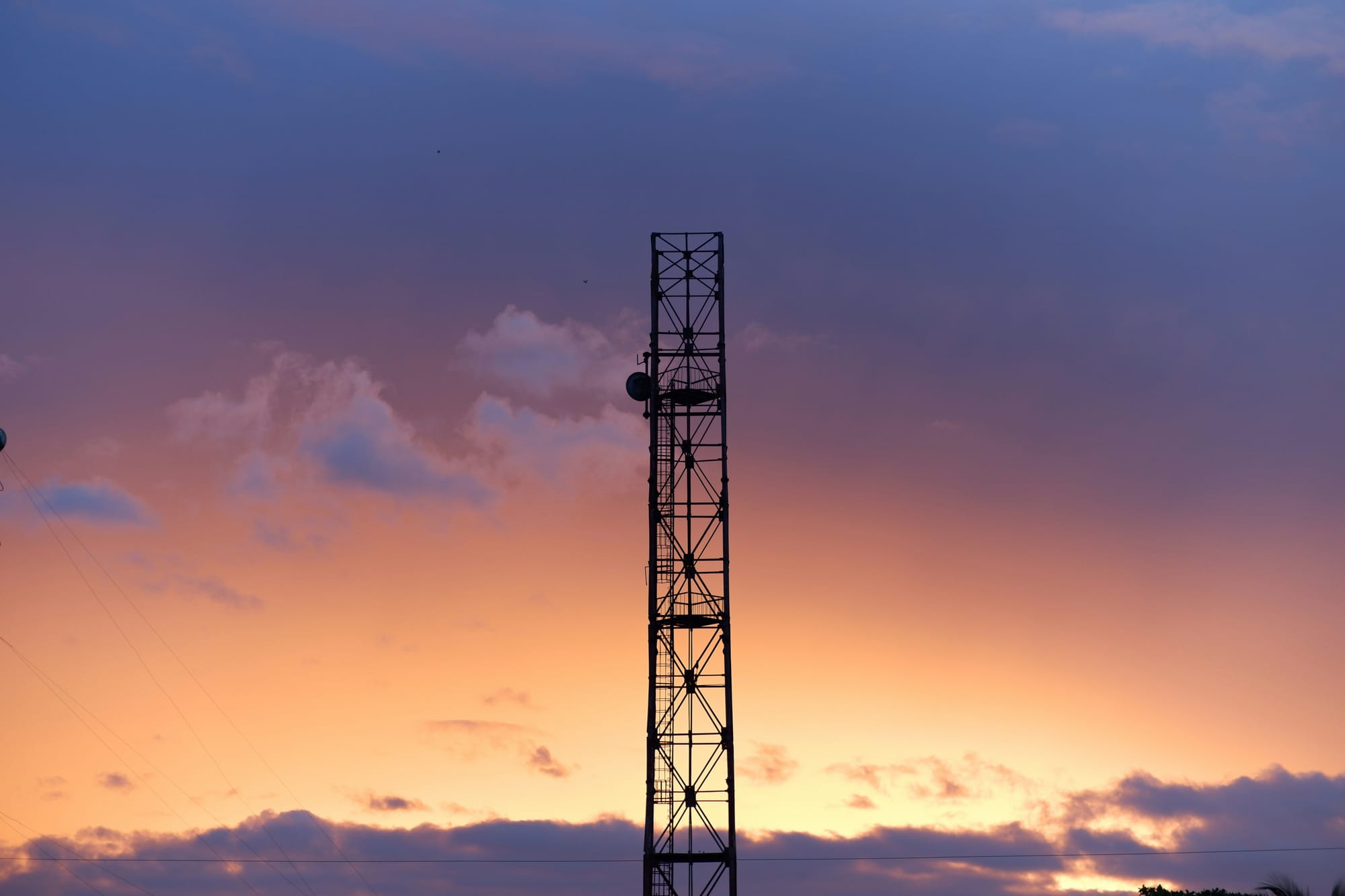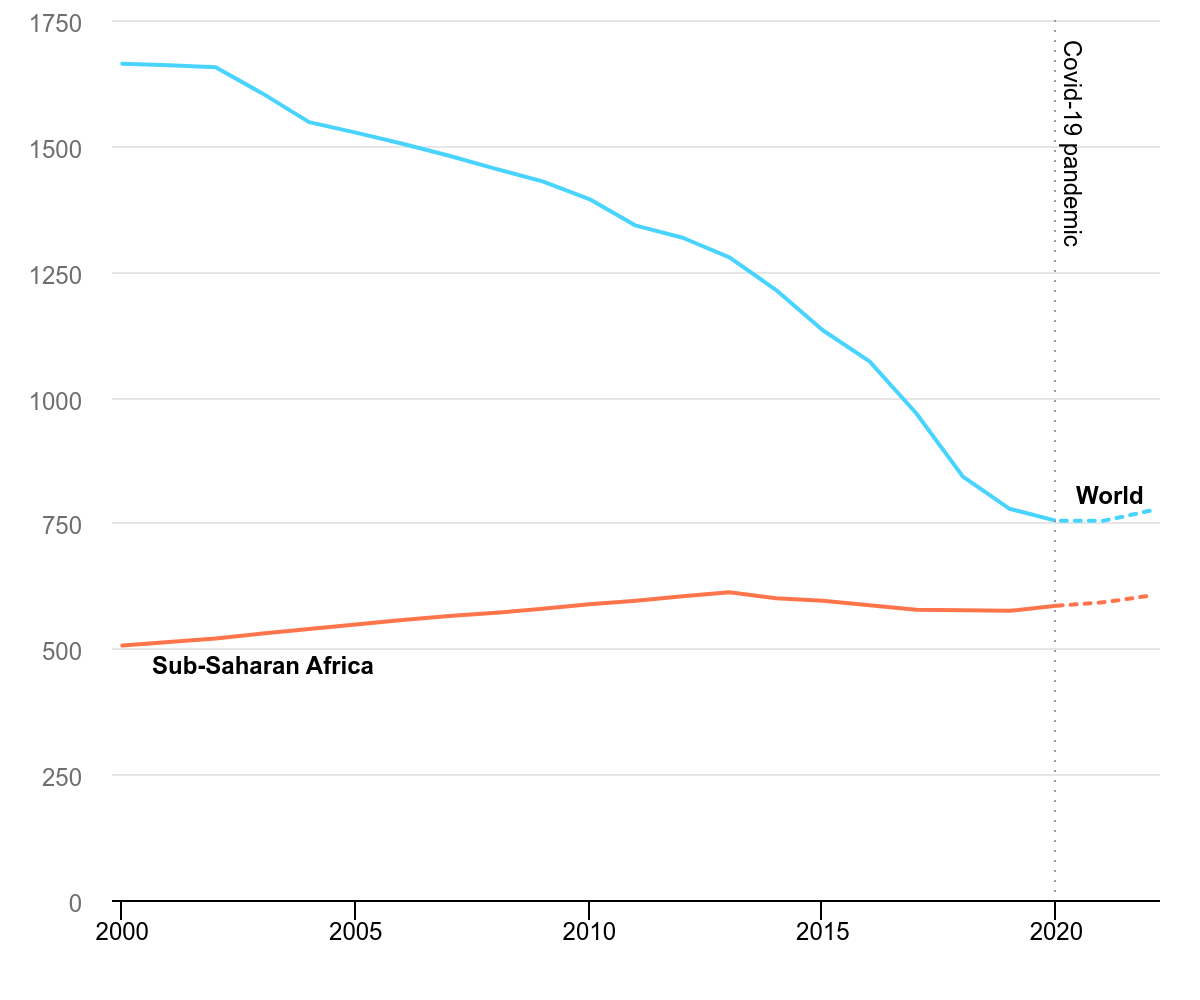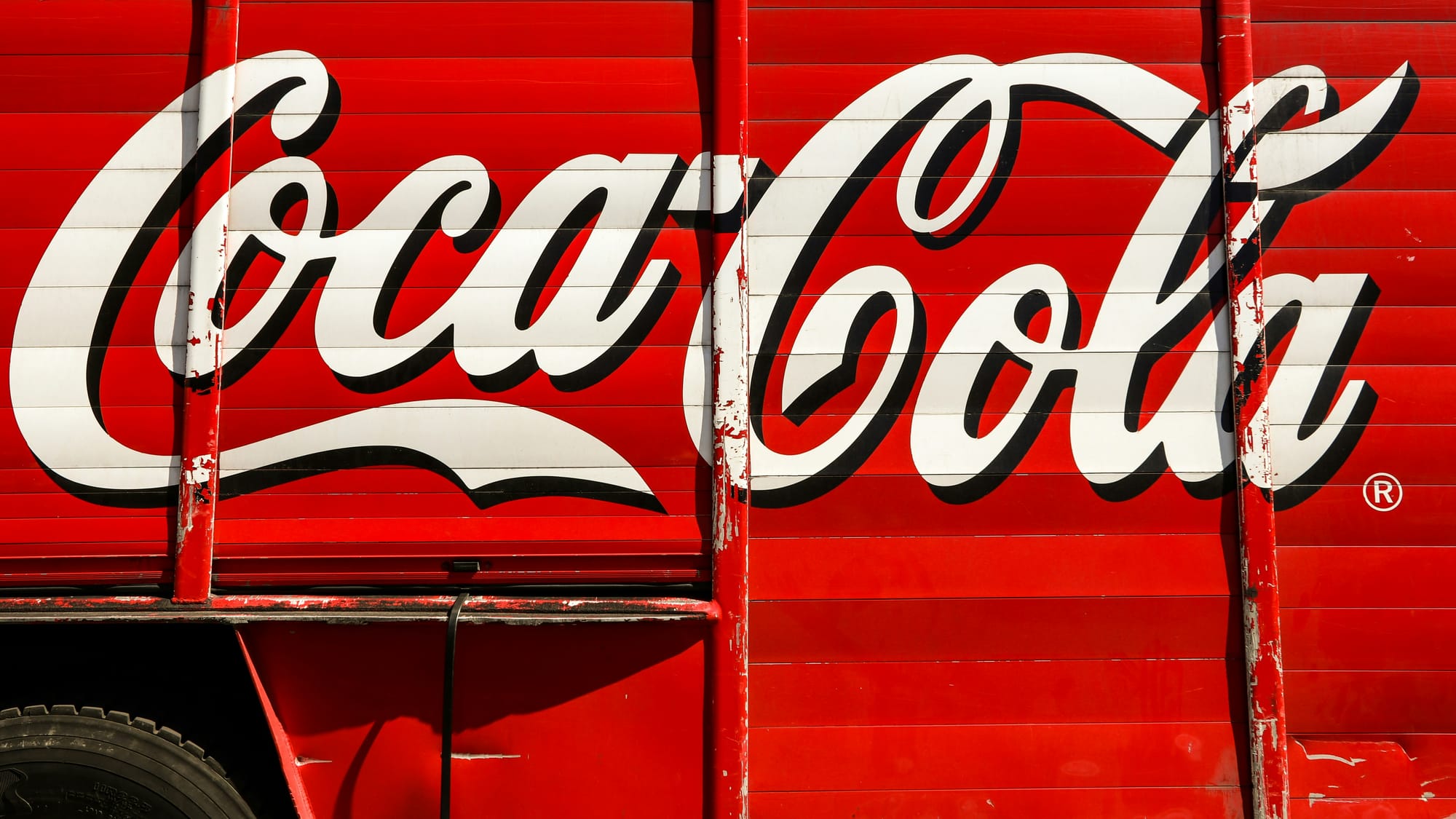This Week in Africa-The $90 Billion Power Move

Plus Public Investment Corp (PIC) debt investment, Coca Cola's $1billion investment in Nigeria, Helios lead $100m investment in API infrastructure fintech
1- Energy
World Bank Unveils Ambitious $90 Billion Plan to Electrify Africa

The World Bank has announced a $90 billion investment in Africa's electricity sector with the goal of reaching 300 million people by 2030.
Why does it matter: Electricity plays a crucial role in the African economy, unlike in many Western countries where it is considered a standard amenity. Approximately 600 million Africans currently lack access to electricity, making it a costly luxury, according to the International Energy Agency (IEA). Businesses and households often rely on small-scale and industrial-sized diesel generators and inverters to ensure a reliable power supply. The ambitious plan, in collaboration with partners such as the Rockefeller Foundation, Global Alliance for People and Planet, and Sustainable Energy for All, aims to address this challenge.
Number of people without access to electricity in sub-Saharan Africa and the world, 2012-2022

Some African companies and startups are increasingly offering renewable energy solutions to meet the increasing energy demand. The social and economic potential of consistent electricity in Africa is substantial. Access to reliable electricity will significantly reduce the cost of doing business, benefiting sectors such as healthcare and opening up thriving opportunities in African economies that have long been hindered by inconsistent power supply.
2- Industries
Coca-Cola Bets Big On Nigeria with $1 billion Investment.

Coca-Cola, through its Nigerian subsidiaries, Coca-Cola Nigeria Limited and Nigeria Bottling Company (NBC), has unveiled a bold plan to inject $1 billion into Nigeria's economy over the next five years. This substantial investment reflects the company's unwavering commitment to the West African nation and its optimistic outlook on its growth potential.
Why does it matter: In the past two years, Nigeria has seen the departure of several prominent companies such as Unilever Nigeria PLC, Procter & Gamble Nigeria, GlaxoSmithKline Consumer Nigeria Ltd, ShopRite Nigeria, Sanofi-Aventis Nigeria Ltd, PZ Cussons Nigeria PLC, Kimberly-Clerk Nigeria, and Diageo PLC. This trend can be attributed to on-going economic challenges, including currency devaluation and the high cost of business in the country. Despite these challenges, the Nigerian Bottling Company has set itself apart by investing a remarkable $1.5 billion in Nigeria over the last decade. This new substantial investment reflects the company's unwavering belief in Nigeria's long-term potential, which other companies may underestimate. It underscores Coca-Cola’s steadfast commitment to the vast potential in the Nigerian local market.
The bottom line: With a burgeoning population of 200 million, Nigeria boasts thriving sectors such as telecommunications and banking, which are making substantial double-digit contributions to the economy. Consequently, Nigeria is one of Africa's most extensive and intricate markets. This presents numerous prospects for enterprises capable of navigating its multifaceted business landscape. Succeeding in Nigeria demands a comprehensive understanding of local market dynamics and an intricately tailored operational approach that harmonises with the country's unique business environment.
3- M & A
Societe Generale Takes Another Step Back from Africa with Sale of Guinea Subsidiary.
Societe Generale, a prominent French multinational bank, has recently decided to divest from its banking operations in Guinea.
Why does it matter: This move aligns with a broader trend observed among European banks, where several have opted to scale back their African banking operations due to economic and geopolitical risks. Notable institutions such as Barclays, Crédit Agricole, and Standard Chartered have pursued asset sales in Africa, with Societe Generale having already concluded the sale of 11 out of its 17 operations. The Vista Group recently acquired Societe Generale's subsidiaries in Mozambique and Burkina Faso, while the Atlantic Financial Group Pan-African banking group acquired its banking subsidiary in Guinea.
Select African banks, including Access Bank, are leveraging these divestments to expand their footprint across the continent and bolster profitability. Despite mounting competition from neo-banks and fintech entities targeting the underserved banking customer segment, the African banking industry continues to exhibit significant growth potential and profitability. This resilience is underscored by the ongoing efforts of local banking groups to extend their presence and operations throughout the continent.
The Termsheet
M & A
- Atlantic Financial Group (AFG Holding) has acquired a majority stake in Access Holding and its African subsidiaries from various investors, including British International Investment (BII), the European Investment Bank (EIB), the International Finance Corporation (IFC), and Kreditanstalt für Wiederaufbau.
- Agile Capital, a South African private equity firm, has acquired a minority stake in Berry Astrapak, a manufacturer of rigid moulded and thermoformed plastic packaging products aimed at Africa's expanding market.
- Adenia, a private equity firm, in conjunction with co-investors DEG, Proparco, and South Suez, has acquired The Courier Guy, a South African delivery company, through its fifth flagship fund, Adenia V.
Private Debt
- South Africa's Public Investment Corp (PIC), Africa's largest fund manager, has provided $14 million in debt to its Chicken Producer subsidiary to reposition the business.
Industrials
- RMB Ventures has invested in Bulldog Group, a wholesaler and distributor of paint and industrial consumables to the African market
Financial Services
- M2P Fintech (M2P), an Africa-focused fintech infrastructure provider, has secured a $100 million Series D funding round led by Helios Investment Partners.
Agribusiness
- Irvine Group, an integrated poultry operator and supplier with operations in Tanzania, Botswana, Mozambique, and Kenya, has entered into a $1.8 million financing agreement with Norfund, the Norwegian development finance institution.
- Société de Production Maraîchère Samir, an agriculture company based in Morocco, has successfully secured a €14 million mezzanine investment from Vantage Capital, a prominent South African fund manager.
Infrastructure
- Pembani Remgro, the infrastructure fund, has secured a $15 million commitment from Proparco, the French development finance institution, for its Pembani Remgro Infrastructure Fund II (PRIF II).
Thank you for reading the Africa Finance Review. Please send us your feedback, news or suggestions to info@africafinancereview.com. Please also share this newsletter with your friends and colleagues.



